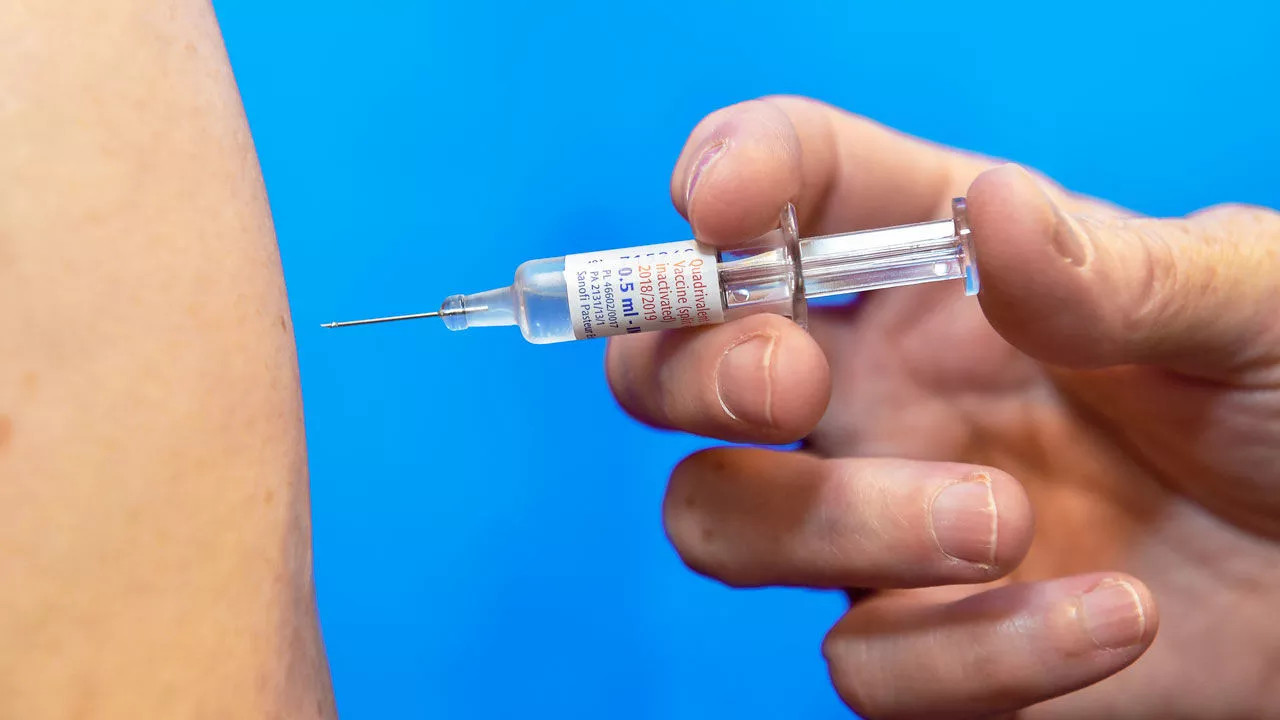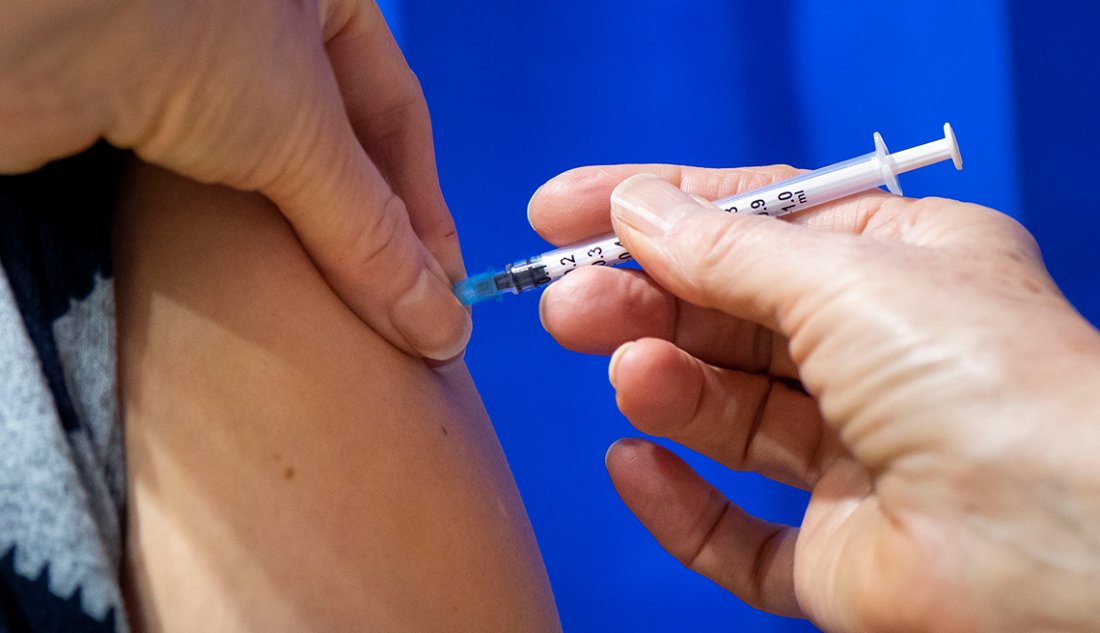The U.K. Government’s latest attempt to satiate Boris Johnson’s multiple, complex and apparently chronic penetrative insemination paraphilias will involve the private sector in bribing young people with discounted takeaway food and free taxi rides. Food delivery and taxi-hailing firms including Uber, Bolt, Deliveroo and Pizza Pilgrims have all been enrolled in this latest psychiatric intervention and are now offering incentives for young people to arouse the Prime Minister’s husband by receiving what he’s taken to referring to during Cabinet meetings as “the pharmaceutical boys’ ejaculate". "How many disease vectors have the pharmaceutical boys ejaculated into this week?" he'll ask excitedly, often several times a minute, the words oozing up and out of that capricious little slit in his head like smarmy treacle, mellifluous and full of privilege. As you might imagine, the BBC got themselves pretty hot and horny about this, the policy’s underlying mix of messianic, full-throttle welfarism and Old Testament-style retributive psychopathy touching a sweet spot for the munificent totalitarians over at New Broadcasting House. Not that they were able to get off as many superlatives as they'd have liked. True, manipulation of the young is as essential to the BBC as it is to every other elite western institution currently waging war on that dangerous, socially harmful pathogen known as "cognitive diversity" – sorry, I mean "Covid misinformation". But unlike, say, the Guardian, Independent SAGE ...

















